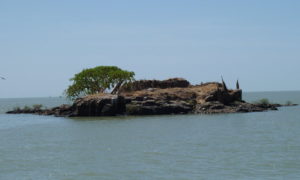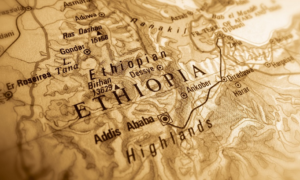By Emeka Anuforo, Abuja on
December 15, 2015
Article From: http://www.ngrguardiannews.com
AS part of its efforts to diversify Nigeria’s oil dependent economy and create wealth for the larger population, and in line with its North East reconstruction plan, the Presidency is studying how Ethiopia has substantially boosted agricultural growth and catalyzed the transformation of the sector, The Guardian can report.
Vice President, Professor Yemi Osinbajo, recently hinted that the Federal Government was working towards improving Nigeria’s economy through agriculture.
Ethiopia’s success is said to be hinged largely on the country’s Agriculture Transformation Agenda (ATA) and the Agriculture Transformation Agency established in partnership with the Bill and Melinda Gates Foundation. Similar to the experiences of many other countries like Nigeria, a key aspect of Ethiopia’s strategy was to address systemic bottlenecks, while using its innovative Agricultural Transformation Agenda as the vehicle to address bottlenecks in the sector.
Director of the African Team at the Bill and Melinda Gates Foundation, Dr. Ayo Ajayi, who confirmed the development, said that Osibanjo, had reached out to the Foundation and had been briefed with relevant documents and details on the Ethiopia’s strategy and success story.
Official statistics have it that agriculture is the dominant sector of Ethiopia’s economy, representing about 45 per cent of GDP, 77 per cent of employment, and 84 per cent of exports of Africa’s second most populous nation with over 96 million inhabitants. It is recorded that the majority of the agriculture sector consists of smallholder farmers who make their living from less than two hectares of land. Much of Ethiopia’s growth strategy has been focused on agricultural development supported by heavy government investment.
Officials said that over 15 per cent of the national budget is allocated to the sector, compared to an average of 2.7 per cent in the rest of Africa.






